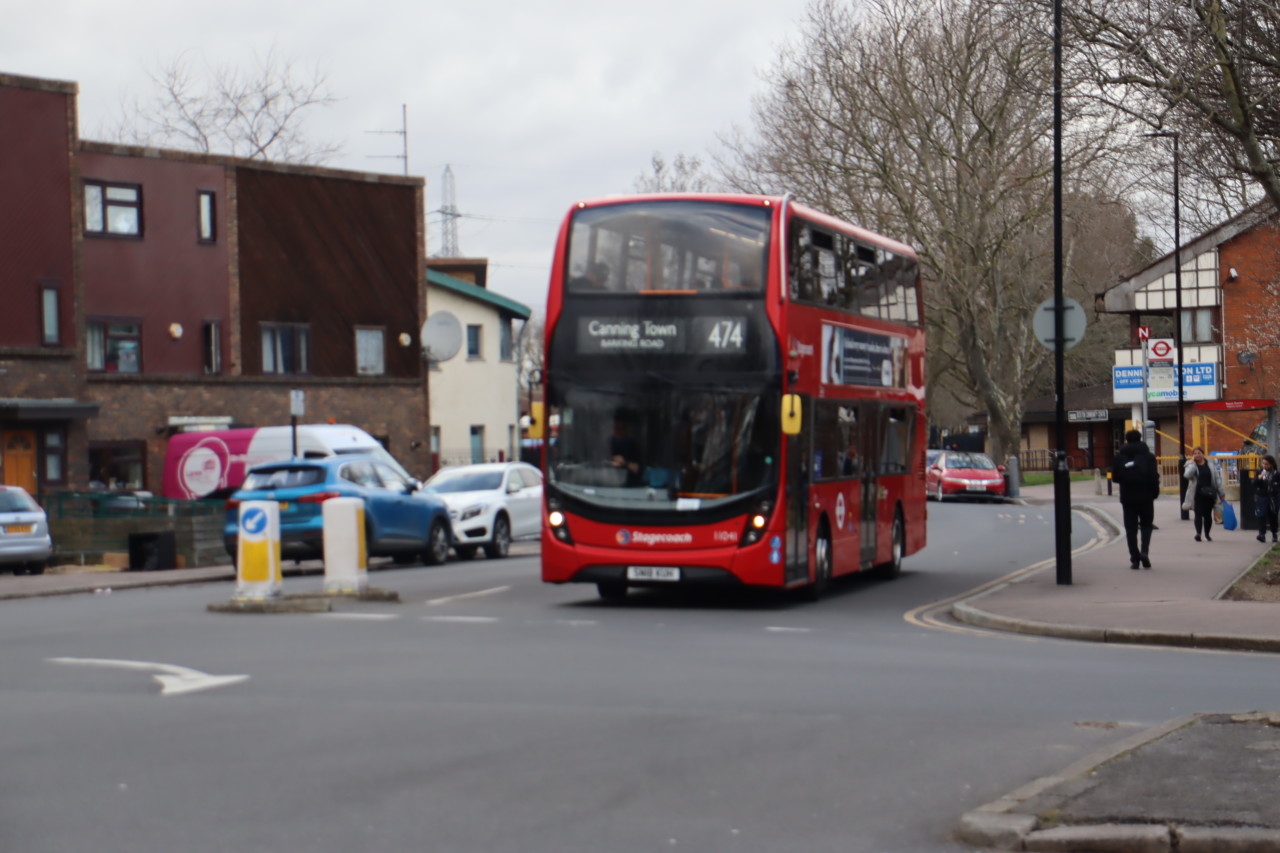TFL fares have gone up on average by nearly 5%, making it the highest rise in a decade.
Bus travellers are hit hardest, with a single bus fare increasing by 10 pence to £1.65, which makes for a rise of around 6.5%. And pay-as-you-go fares will go from £2.40 to £2.50.
The people in Beckton that I spoke to were not pleased. One carer who has to travel by TFL rail to look after her mother said, “It’s not fair.” And Asian students who are only allowed to work for 20 hours a week told me the price hike would make life very difficult. To hear what others had to say click on the link below.
On top of the price rises, commuters have had to endure a 24-hour strike on March 1st, and there will be another one on March 3rd. TFL workers are against plans to remove more than five hundred stations and are angry about proposed changes to their pay, pensions and working conditions.
Mayor Sadiq announced the price increases on February 14th. He has managed to retain the Hopper fares allowing passengers to travel anywhere for 60 minutes without repaying, but they will go up 10p to £1.65
Khan argues that that the rises are necessary due to lost revenues because of lack of travel during the pandemic after the prime minister introduced the work from home rule. This contributed to a funding gap that meant that by by December 11th last year a £4 billion government rescue package had already been eaten up.
Khan has stated that out of the seven-hundred buses, one hundred face being axed; plus some services will be reduced.
Khan’s decision to increase the fares will hopefully raise more than £151 million, helping TFL clear its financial debt. But Londoners will not be happy – not only because of the fare rises, but public transport might become even less reliable too.




